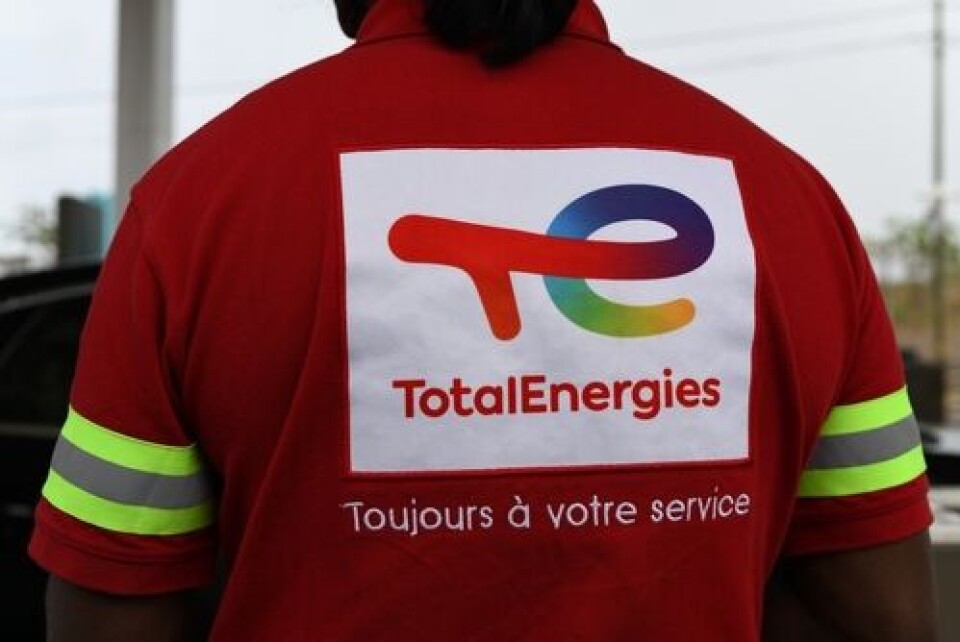-
Tough Airbnb rules in Marseille prompt many property owners to sell
City council reduce time that a property can be rented to short-term guests
-
Why the price of chocolate is skyrocketing in France this Easter
Certain products have seen prices increase by 34% as cheaper store brands are hit harder than global ones
-
What is known about large fire at recycling centre in Paris
Residents nearby are being urged to remain cautious over inhaling smoke
Unions say French ‘fuel shortages will intensify’. Are they right?
Fuel workers have warned drivers to fill up as refinery strikes continue. We look at where shortages are and at what level

Drivers in France “should fill their fuel tanks” because refinery strikes are continuing, the head of a fuel refinery union in France has warned.
But is the situation on the ground really that bad? We take a look.
Emmanuel Lépine, general secretary of union CGT Fédération nationale des industries chimiques, told FranceInfo today (Monday, March 20) that drivers should fill their tanks while they can, in anticipation of shortages due to ongoing industrial action against the government’s controversial pension reforms.
He said: “I have never seen such determination from petrol workers.”
Fuel company TotalEnergies today said that “no product is leaving the refineries” as workers continue to blockade the sites. Of the 303 TotalEnergies operators scheduled to work this morning, 39% are on strike (117 people).
At Esso ExxonMobil sites, fuel deliveries are not leaving, and the company has warned that production may have to stop if no crude oil deliveries can enter in the next few days.
Workers at the Pétrineos site in Lavéra, Bouches-du-Rhône, are also set to stop production from Monday (March 20) afternoon. Workers at this site in particular have been striking on a ‘rolling basis’ since March 7.
Is the situation that bad?
In reality, the situation appears stable so far.
As of Monday, March 20, figures show that just 4.4% of service stations are experiencing total or partial fuel shortages, partly as a result of refinery strikes.
UFIP has said that it is not uncommon for fuel stations to report shortages even outside of strikes.
Some 450 stations nationwide have partial shortages, while 250 are completely out of fuel, figures from the collaborative website Penurie.mon-essence.fr show.
Similarly, representatives of fuel unions have previously said that France’s 200 fuel depots currently have enough stocks to avoid a major nationwide shortage.
Depots contain fuel stocks that have already been delivered by the refineries. These are continuing to supply petrol stations in the majority of cases.
It is estimated that the strikes would have to continue for many more days – or even weeks – before production stops at refineries due to the on-site tanks being full.
Read more: France’s pension reform strikes: what will happen next?
Geography a factor: Bouches-du-Rhône suffers most
There are some geographical differences, with some areas faring worse than others.
For example, no station is affected by shortages in Côtes-d’Armor, but almost one in five (17-20%) has some kind of shortage in Bouches-du-Rhône.
Read more: How to check stocks at your local petrol station
Industry Minister Roland Lescure said that the government is ready to ‘requisition’ workers and force them to deliver fuel if the situation worsens, and fuel stations start needing to close.
Reports from Actu.fr found that shortages had been worsened, not by a dramatic lack of fuel, but because of motorists panicking and rushing to fill up their tanks at the same time.
UFIP spokesperson Olivier Gantois said the same thing earlier in the month.
Related articles
Could strikes at French refineries cause petrol shortages at the pump?
French petrol stations see shortages as pension protests continue
French fuel shortage: How to check stocks at your local petrol station
























